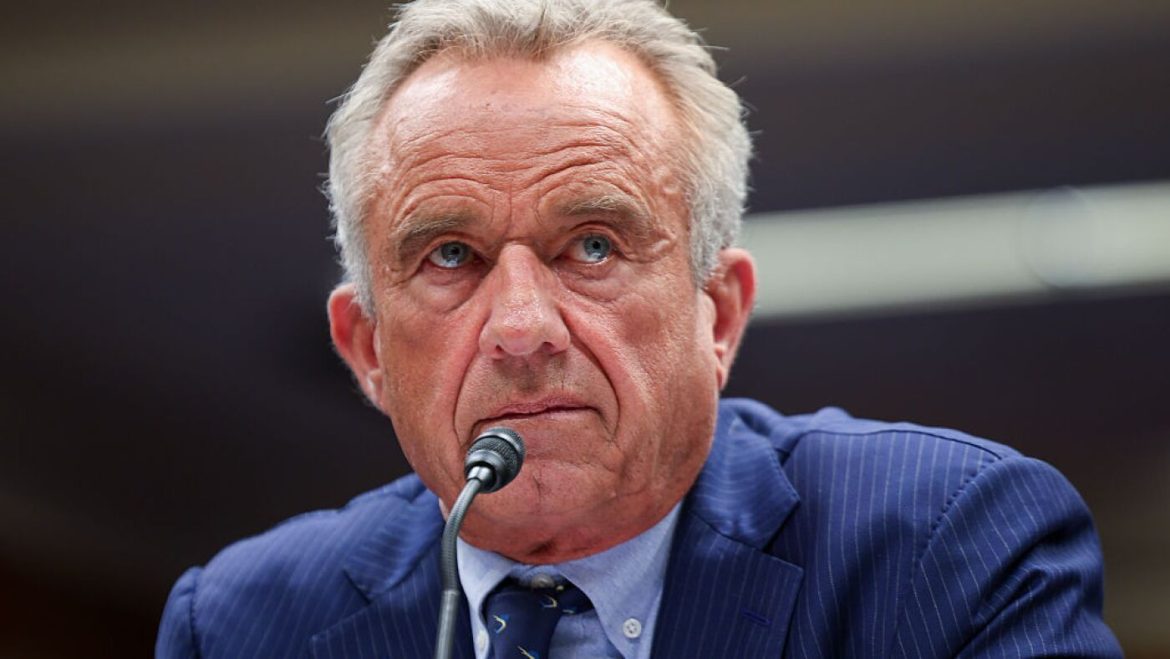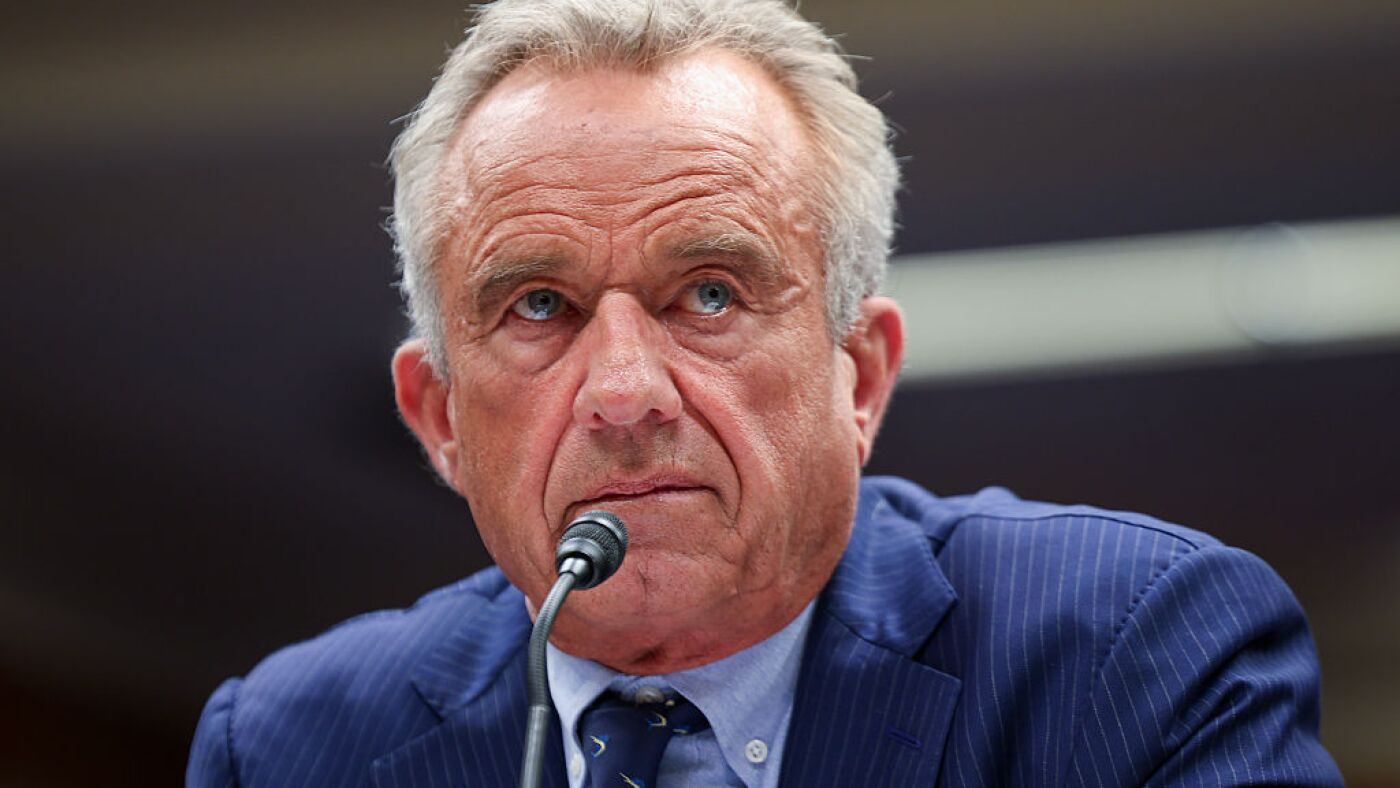Overview of RFK Jr.’s Removal of CDC Vaccine Advisory Committee Members
In a bold and unprecedented move, Health and Human Services (HHS) Secretary Robert F. Kennedy Jr. has dismissed all 17 members of the Centers for Disease Control and Prevention’s (CDC) Advisory Committee on Immunization Practices (ACIP). This committee’s role has been central to shaping vaccine policies in the United States, including guidance on immunization schedules and vaccine safety. The decision has sparked widespread attention and varying reactions across public health, governmental, and media landscapes.
Background on the CDC’s Advisory Committee on Immunization Practices
The ACIP is a body composed of scientific experts who advise the CDC on the use of vaccines in the U.S. population. Their recommendations carry significant weight—they influence vaccination schedules, target populations, and strategies for vaccine deployment, ultimately shaping national public health outcomes.
Since its inception, the committee has been integral to managing immunization policies amid numerous public health challenges, including seasonal influenza, childhood immunization, and more recently, COVID-19. The panel’s guidance typically undergoes rigorous scientific review and is widely considered a foundation for evidence-based vaccine policy in the country.
The Decision by RFK Jr.: Justifications and Context
Robert F. Kennedy Jr., who took office as HHS Secretary with an established critical stance toward vaccine policies, justified the removal of all ACIP members as a necessary step to “restore public trust” in vaccines. According to Kennedy, the previous advisory group suffered from persistent issues undermining public confidence. By appointing a new lineup of experts, he aims to recalibrate the advisory framework to better align with his departmental vision and public health messaging.
This decisive action occurred against the backdrop of heightened public and political scrutiny of vaccine mandates, safety concerns, and communication strategies during and after the COVID-19 pandemic. Kennedy’s move reflects a dramatic shift from prior administration norms where the ACIP membership turned over gradually, rather than being dismissed wholesale.
Implications for Public Health and Vaccine Policy
The firing of all 17 ACIP members carries significant implications:
– Scientific Expertise: The immediate replacement of a highly specialized panel raises questions about the scientific rigor and continuity of vaccine policy guidance. The expertise assembled over years represents a consolidated resource for disease prevention strategy, and its sudden removal may disrupt ongoing policy formation.
– Public Trust and Vaccine Confidence: Kennedy frames the purge as a trust-restoring measure. However, experts expressed shock, fearing that this disruption might fuel further skepticism rather than quell it, especially amid ongoing vaccine hesitancy challenges in the population.
– Policy Stability and Continuity: Abrupt turnover could delay or complicate crucial vaccine decisions, including updates to immunization schedules, emergency responses to outbreaks, and handling of new pathogens. The transition poses risks to the timeliness and consistency of federal health guidance.
– Political and Social Repercussions: Given Kennedy’s known advocacy against established vaccine science, the overhaul prompts concern about potential politicization of a committee that historically operated with scientific independence. This development could deepen partisan divides on public health matters.
Media and Expert Reaction
Media coverage highlights the extraordinary nature of this decision, often noting Kennedy’s prior anti-vaccine advocacy background as context. The firing sparked widespread discussion about the balance between administrative prerogative and scientific integrity in public health governance.
Public health experts and former ACIP members expressed surprise and apprehension, worried that the dismissal may impair the nation’s ability to respond effectively to infectious diseases. Some see it as emblematic of a broader trend challenging established scientific advisory structures within government agencies.
Looking Ahead: What This Means for Vaccine Advisory Processes
Kennedy’s move initiates a period of uncertainty as new members are identified and appointed. The future composition of the ACIP will be closely watched for signals about shifts in vaccine policy priorities, scientific standards applied, and potential changes in the federal vaccination framework.
The ability of the new committee to reestablish credibility with both the scientific community and the public will likely determine the success of Kennedy’s stated goal to restore trust. Transparency in member selection, adherence to scientific rigor, and clear, consistent communication will be critical to navigating the path forward.
—
Concluding Thoughts: A Watershed Moment in Vaccine Governance
The wholesale removal of the CDC’s vaccine advisory panel by Health Secretary Robert F. Kennedy Jr. stands as a watershed moment in American public health governance. It underscores tensions between political leadership and scientific advisory processes in the charged environment of vaccine policy.
While intended as a confidence-building maneuver, this action challenges assumptions about the stability and independence of scientific counsel within the federal health apparatus. How the new committee reshapes vaccine recommendations, engages with the broader medical community, and interacts with the public will profoundly influence the trajectory of vaccine confidence and disease prevention efforts in the coming years.


